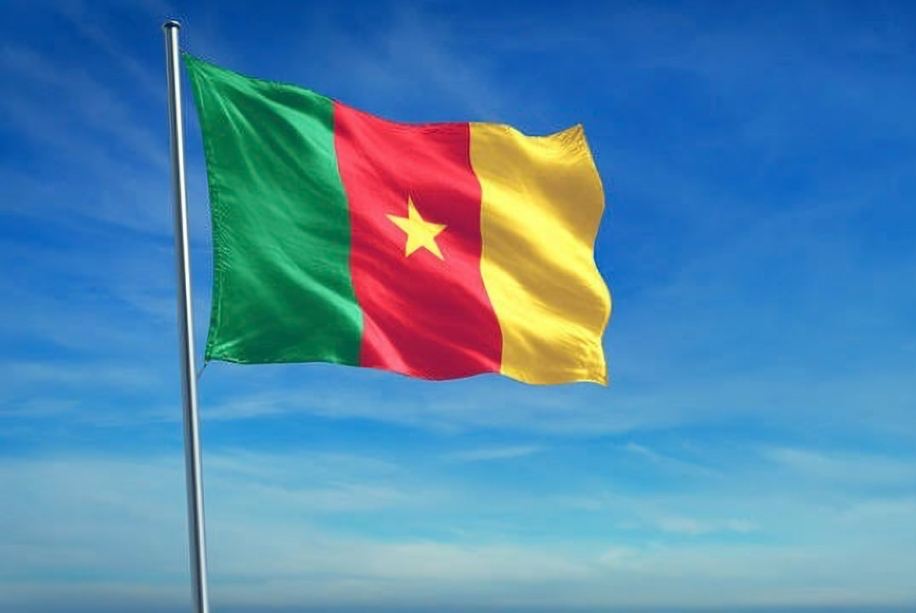Cameroon’s electricity sector is facing a major challenge as its main power distributor, Eneo, struggles with debts and liquidity problems, while its majority shareholder, Actis, plans to sell its stake to the government.
Actis to sell 51% stake to Cameroon
Actis, a British private equity firm that has been bought by New York-based General Atlantic, pending regulatory approval, owns 51% of Eneo, while Cameroon’s government owns 44%. The remaining 5% is held by employees and local investors.
Actis and Cameroon’s government are in talks to finalize the deal, which could be completed by the end of the year, according to Eneo’s CEO Amine Homman Ludiye. He said the ongoing changes have no impact so far on the operations of Eneo, which produces about 70% of the energy it distributes and depends on independent producers for the rest.
Eneo owes billions to creditors and suppliers
Eneo, which has about 2 million customers, is facing a financial crisis that threatens its viability and service delivery. The company owes 150 billion CFA francs ($247.02 million) to financial institutions and 360 billion CFA francs to independent producers, Ludiye said.
He said the company has engaged in a process of restructuring its debts with its creditors, but also needs the government and state-owned enterprises to pay their bills, which amounted to 266 billion CFA francs as of last December.
Ludiye said the company also suffers from a supply deficit of 150 megawatts of electricity, due to a drop in the water level of different hydroelectric power plants, which has resulted in power cuts in the main cities of Douala and Yaounde. He said the situation is likely to continue until the end of March, and the company cannot turn to alternative sources for want of liquidity.
Cameroon aims for energy security and export
Cameroon’s electricity sector is in need of reforms to achieve its long-term goal of producing enough electricity to cover its national requirements of 5,000MW and build a reserve to export energy to neighboring countries, particularly Chad.
The African Development Bank (AfDB) has approved a loan to support the first phase of Cameroon’s Electricity Sector Recovery Support Programme (PARSEC), which will help the government implement the necessary reforms in 2024 and 2025.
The programme will enable Cameroon to reduce its commercial losses on electricity, improve revenue collection and deal more efficiently with energy flows in distribution. It will also help to develop a low-cost, integrated master plan to build planning capacity in the electricity sector, covering the whole of the electricity value chain and taking gender concerns into account.
The programme will also build human resource capacity so that Cameroon has a critical mass of qualified personnel to work throughout the electricity sector value chain, from production to distribution, with the aim of facilitating faster responses to technological, organizational, environmental, climate-related and financial needs in the sector.
A brighter future for Cameroon’s electricity sector?
Despite the current challenges, Cameroon’s electricity sector has the potential to overcome its difficulties and become a key driver of the country’s economic and social development. With the support of the AfDB and other partners, the government is committed to implementing the necessary reforms and investments to ensure a reliable, affordable and sustainable supply of electricity for its citizens and its neighbors.
Cameroon’s power crisis may be a dark cloud for now, but it could also be a silver lining for a brighter future.
Source: Reuters



